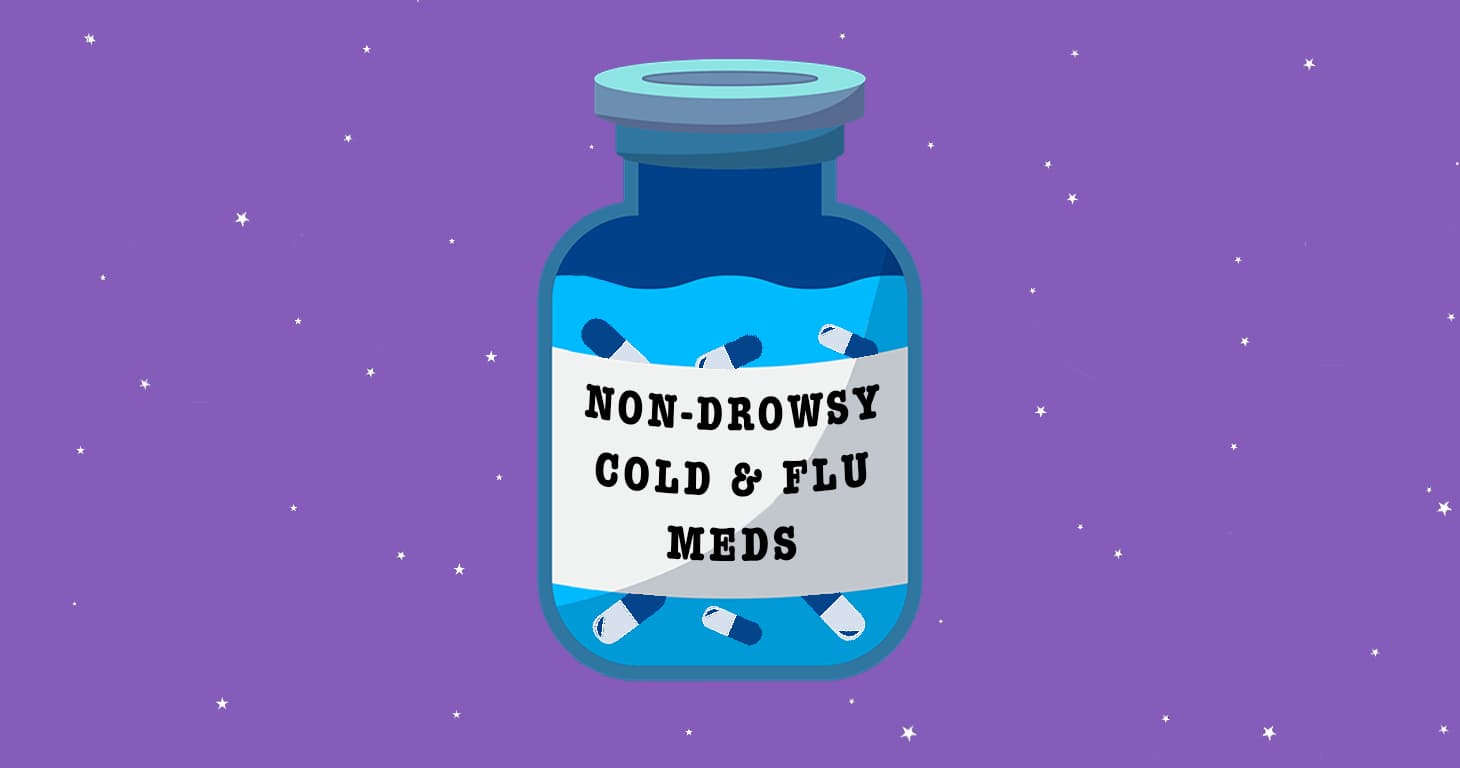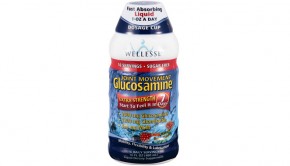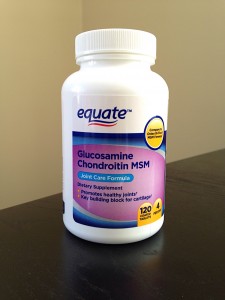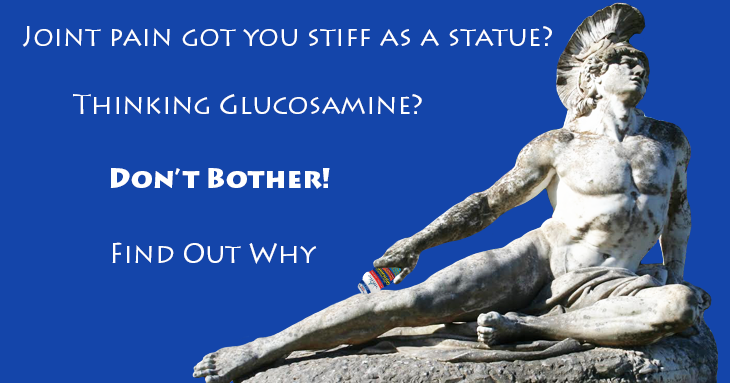
CATrends: OTC Cold and Flu Medicines Falsely Marketed as ‘Non-Drowsy’
Several products marketed as ‘non-drowsy’ contain an ingredient that causes drowsiness, lawsuits claim.
TINA.org, continuing its efforts to oppose unfair settlements, files an objection.
|
Consumers suffering from arthritis and joint pain have been reaching for glucosamine supplements in their local drug and grocery stores, lured by promises that the products provide all sorts of relief, but much of those claims haven’t been backed by sufficient scientific evidence. Now various marketers are trying to settle a deluge of class-action lawsuits that have been filed across the country alleging false advertising.
But a series of proposed settlements aren’t providing much relief for consumers who reached for the products because of marketing claims that the supplements could rebuild cartilage and support joint comfort, among other promised benefits. That’s because the settlements allow the marketers to continue to deceptively advertise their products.
 This week TINA.org continued its efforts to fight for settlements that are fair to consumers and mandate real changes in the marketing of the products. In an amicus curiae brief filed in the U.S. District Court in Southern California, TINA.org objected to a proposed class-action settlement in a case against Botanical Laboratories Inc., the marketers of Wellesse Joint Movement Glucosamine supplements.
This week TINA.org continued its efforts to fight for settlements that are fair to consumers and mandate real changes in the marketing of the products. In an amicus curiae brief filed in the U.S. District Court in Southern California, TINA.org objected to a proposed class-action settlement in a case against Botanical Laboratories Inc., the marketers of Wellesse Joint Movement Glucosamine supplements.
Settlement flaws
The Washington-based company agreed in September to a $3 million settlement that allows the company to return to its original deceptive labeling in just three years while consumers in the class are forever prohibited from doing anything about it. In addition, the company only has to refrain from using eight deceptive phrases (and some related language) on the product label for those three years, but can still use other misleading terms. To further exacerbate the settlement’s shortcomings, it ignores other modes of marketing by the company, allowing it to continue to falsely advertise the supplements on its website and in other online promotional materials.
The proposed settlement is a win for the attorneys who brought the case against the company who get to pocket more than $900,000 of the settlement money if it is approved, but certainly not a win for consumers.
According to Bonnie Patten, TINA.org executive director, “This proposed settlement is simply not acceptable. It’s asking the federal court to validate an agreement that permits defendants to continue misleading consumers with marketing messages that simply aren’t true.”
Consumers in the class are eligible to receive $15 refunds per 16 ounce bottle purchased, $18 for 33 ounce bottles but no more than $100 total.
TINA.org’s efforts having impact
 The friend of the court brief is the second TINA.org has filed in its efforts to object to unfair glucosamine settlements. In November, TINA.org objected to a proposed settlement in a class-action case regarding glucosamine supplements sold at Walmart, Supervalu and Walgreens, which allowed the companies to continue marketing the products in misleading ways, by banning only six specific words and then allowing them to return to those banned words in just two years.
The friend of the court brief is the second TINA.org has filed in its efforts to object to unfair glucosamine settlements. In November, TINA.org objected to a proposed settlement in a class-action case regarding glucosamine supplements sold at Walmart, Supervalu and Walgreens, which allowed the companies to continue marketing the products in misleading ways, by banning only six specific words and then allowing them to return to those banned words in just two years.
TINA.org’s objection has had a significant impact. After filing the brief, and upon other objections as well including one filed by AARP on behalf of a class member, the companies and class-action attorneys revised the proposed settlement agreement to forever prohibit the glucosamine marketers from using any terms that convey the message that its supplements can repair, strengthen or rebuild cartilage unless there is sufficient scientific evidence to substantiate the claims and the court gives permission. A judge later approved the revised settlement. In March, TINA.org objected to a settlement concerning Move Free because of similar flaws.
Promised relief really marketing hype
Glucosamine, a component of the building blocks of cartilage, is one of the most commonly purchased non-vitamin dietary supplement in the U.S, with sales topping $750 million in 2012.
But studies have shown that glucosamine — often coupled with chondroitin — is no better than a placebo in reducing the symptoms or progression of osteoarthritis, nor has it been found to help rebuild cartilage. The FDA has received more than 200 adverse health event reports regarding glucosamine.
Read more of TINA.org’s coverage of glucosamine here.
UPDATE: The judge approved the settlement despite TINA.org’s objections.
This story was updated several times, most recently on 5/26/15.
Several products marketed as ‘non-drowsy’ contain an ingredient that causes drowsiness, lawsuits claim.
Lawsuits claim infant-specific products aren’t any different than acetaminophen medications for older children.
These claims are tough to swallow.


